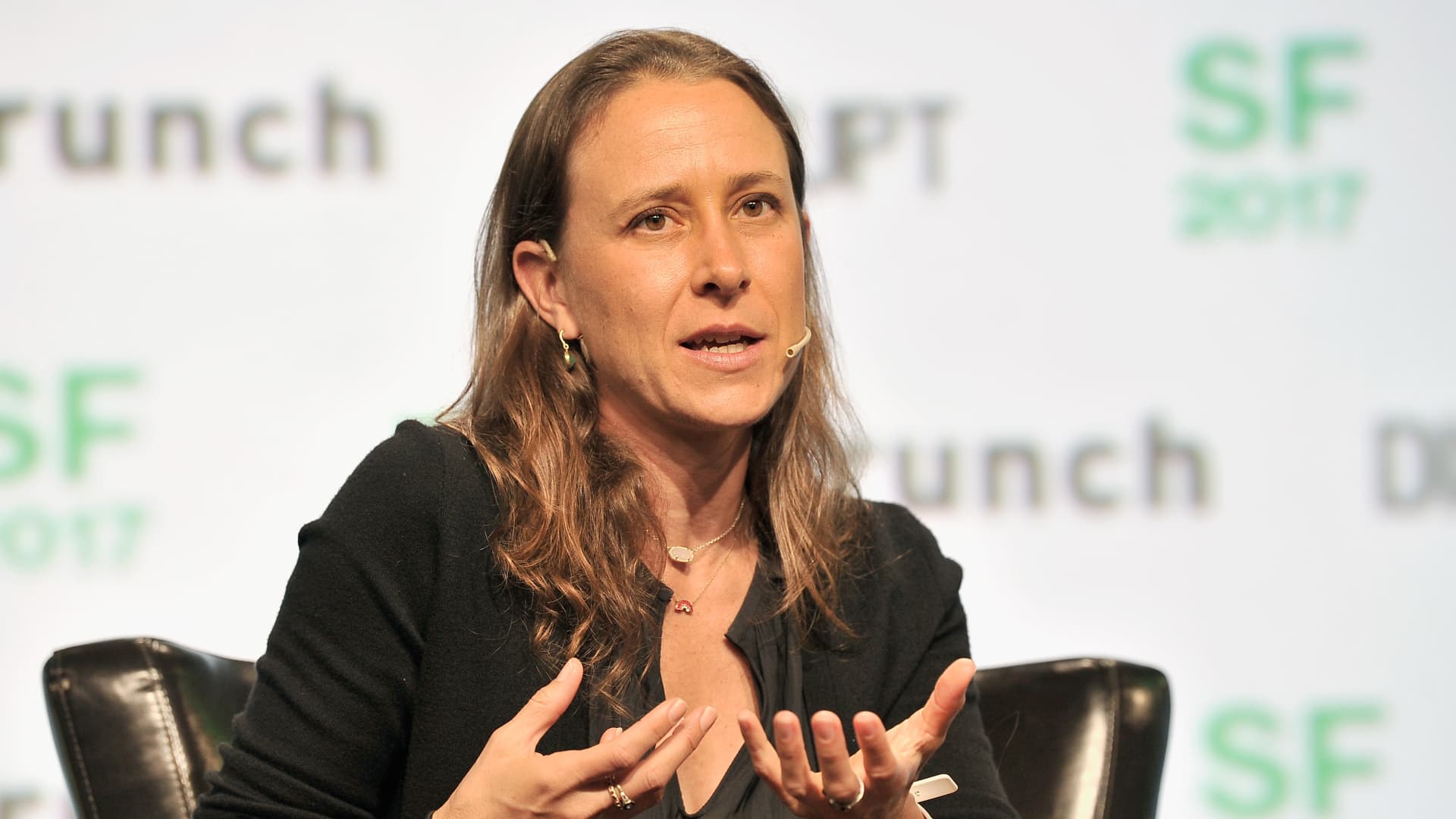Once worth $6 billion, 23andMe has lost 98% of its value and is on the verge of being delisted from the Nasdaq after all of its independent board members resigned in September. So what happened?
Founded in 2006, 23andMe set out to revolutionize the once very exclusive genetic testing business with a direct-to-consumer model. Thanks to capital from high-profile backers and celebrity endorsements, the company was able to market its test kits at affordable prices. Â
Unlike competitors like Ancestry.com, 23andMe sought to leverage its database for drug discovery. The company went public in 2021 and was valued around $3.5 billion. The funding allowed 23andMe to develop its drug research team and spearhead partnerships with pharmaceutical companies. Â
“We’re really at a point in time where I’m ready to explode,” 23andMe CEO Anne Wojcicki told CNBC in 2021. “There’s huge opportunities in therapeutics and huge opportunities in our consumer business.”Â
Shortly after debuting on the Nasdaq, rising interest rates made it more difficult to raise funding, and sales began to fall. The company introduced a premium subscription product in 2020 that it hoped would make up for the lack of recurring revenue from its test kits, but that strategy failed to pan out. The company reported a $312 million net loss in the 2023 fiscal year, and by September 2023, 23andMe’s share price slid below $1. Â
Besides the financial concerns surrounding 23andMe, privacy concerns around the company’s genetic database have also ramped up. In October 2023, hackers accessed the information of nearly 7 million customers. Â
Asked by CNBC what would happen to 23andMe’s database if the company is sold or taken private, a company spokesperson said that Wojcicki has publicly shared that she intends to take the company private and is not open to considering third-party takeover proposals.
“Anne also expressed her strong commitment to customer privacy, and pledged to maintain the company’s current privacy policy, including following the intended completion of the acquisition she is pursuing,” the spokesperson said in an email.
Wojcicki submitted a proposal to take the company private in July, but it was rejected by a special committee formed by the company’s directors because the proposal did not provide a premium to the closing price of 40 cents per share at the time.
When 23andMe’s independent directors resigned in September, they cited frustration with Wojcicki’s “strategic differences” in her vision for the company.
Now, 23andMe faces a Nov. 4 deadline to keep its share price above $1 and locate new board members in order to remain listed on the Nasdaq. Watch the video above to learn more. Â

